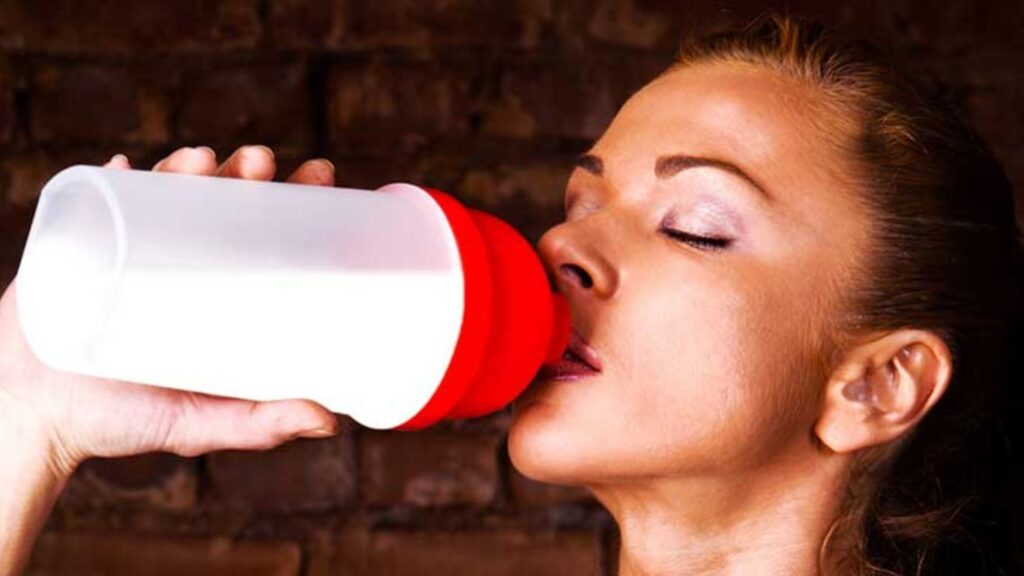Proper post-workout nutrition is crucial for optimal recovery and performance. After intense physical activity, your muscles are depleted of glycogen and need protein to repair and grow. Consuming the right nutrients helps replenish energy stores, repair muscle tissue, and reduce soreness, ultimately enhancing future performance. Proper hydration and balanced nutrient intake also prevent fatigue and improve overall health. This blog aims to guide you on what to eat and why after a workout, providing practical tips and meal ideas to maximize your recovery. Understanding the importance of timing and the roles of protein, carbohydrates, and fats will help you make informed dietary choices that support your fitness goals and well-being.
What to Eat After Workout and Why ?
Why Post-Workout Nutrition Matters
The Role of Nutrition in Muscle Repair and Growth
Post-workout nutrition plays a critical role in muscle repair and growth. During exercise, muscle fibers experience tiny tears. Consuming protein after a workout provides the amino acids needed to repair these tears, leading to muscle growth and increased strength. Adequate protein intake ensures your body has the necessary building blocks to recover effectively.
Importance of Replenishing Glycogen Stores
Glycogen, the stored form of carbohydrates in muscles, is depleted during exercise. Replenishing glycogen stores post-workout is essential for restoring energy levels and preventing fatigue. Consuming carbohydrates helps replenish these stores, ensuring your muscles are ready for the next workout.
The Impact on Overall Recovery and Future Performance
Proper post-workout nutrition accelerates recovery, reduces muscle soreness, and prepares the body for future physical activity. By providing the necessary nutrients, you enhance your body’s ability to perform at its best in subsequent workouts, promoting long-term fitness and health.
Timing of Post-Workout Nutrition

The timing of post-workout nutrition is crucial for maximizing recovery and performance. Consuming nutrients within the “anabolic window,” typically within 30 to 60 minutes after exercise, is optimal. During this period, your muscles are most receptive to absorbing carbohydrates and protein, which aids in faster glycogen replenishment and muscle repair.
Eating a balanced meal or snack shortly after working out helps accelerate recovery by providing immediate fuel for muscle repair and energy restoration. Delaying nutrient intake can slow down the recovery process, leading to prolonged muscle soreness and fatigue.
Incorporating a combination of protein and carbohydrates in your post-workout nutrition ensures efficient muscle recovery and replenished energy stores, setting the stage for improved performance in future workouts. Prioritizing this post-exercise nutrition timing helps maximize the benefits of your training efforts and supports your overall fitness goals.
Key Nutrients for Post-Workout Recovery
Protein: Protein is vital for muscle repair and growth, providing amino acids necessary to heal and strengthen muscle fibers. Recommended intake post-workout is 20-30 grams. Examples of protein-rich foods include chicken, fish, eggs, and plant-based options like beans and tofu. Supplements like whey or plant-based protein powders are also effective.
Carbohydrates: Carbohydrates replenish glycogen stores depleted during exercise, restoring energy levels. The recommended intake is 1-1.5 grams per kilogram of body weight. Carbohydrate-rich foods include fruits, whole grains, and sweet potatoes.
Fats: Healthy fats aid recovery and support overall health by aiding in hormone production. Examples include avocados, nuts, seeds, and olive oil.
Hydration: Rehydration is crucial post-workout. Electrolytes, lost through sweat, are essential for muscle function and recovery. Best drinks include water, coconut water, and electrolyte-rich sports drinks.
Ideal Post-Workout Meals and Snacks

Balanced Meal Ideas
Combining protein, carbohydrates, and healthy fats in a balanced meal enhances recovery. Examples include:
- Grilled chicken with quinoa and avocado: Provides lean protein, complex carbs, and healthy fats.
- Salmon with sweet potatoes and steamed broccoli: Offers high-quality protein, glycogen-restoring carbs, and essential nutrients.
- Greek yogurt with mixed berries and a handful of nuts: A perfect blend of protein, carbs, and fats.
Quick and Convenient Snacks
For immediate post-workout consumption, try:
- Banana with almond butter: Quick energy and protein boost.
- Protein smoothie: Blend whey or plant-based protein powder with a banana and almond milk.
- Trail mix: A mix of nuts, seeds, and dried fruit for a portable option.
Supplement Recommendations
Protein shakes and recovery drinks are popular for their convenience and effectiveness.
- Pros: Easy to prepare, quickly absorbed, and ideal for those with busy schedules.
- Cons: Can be expensive, and some contain added sugars or artificial ingredients. Always check labels for quality and avoid unnecessary additives.
Special Considerations
Post-Workout Nutrition for Different Goals Tailoring post-workout nutrition is essential for achieving specific fitness goals. For muscle gain, prioritize protein and moderate carbohydrates to support muscle repair and growth. For weight loss, focus on protein and fiber-rich foods to promote satiety and muscle preservation while reducing overall calorie intake. Endurance training requires higher carbohydrate intake to replenish glycogen stores and maintain energy levels.

Adjusting macronutrient ratios based on goals ensures optimal results:
- Muscle Gain: High protein, moderate carbs, low-to-moderate fats.
- Weight Loss: High protein, low-to-moderate carbs, moderate fats.
- Endurance Training: Moderate protein, high carbs, moderate fats.
Dietary Restrictions and Preferences Vegetarians and vegans can opt for plant-based proteins like beans, lentils, tofu, and quinoa. Those with food allergies should choose allergen-free options like gluten-free grains or nut-free snacks. Personalizing post-workout nutrition to individual needs ensures everyone can effectively recover and achieve their fitness goals, regardless of dietary restrictions.
Conclusion
Proper post-workout nutrition is crucial for maximizing recovery, muscle repair, and overall performance. By understanding the roles of protein, carbohydrates, fats, and hydration, you can make informed choices that support your fitness goals. Tailoring your nutrition to your specific needs, whether for muscle gain, weight loss, or endurance, ensures optimal results. Remember to consider dietary preferences and restrictions to personalize your post-workout meals. With the right nutrients at the right time, you can enhance your recovery and be ready for your next workout, setting the stage for long-term health and fitness success.
Also read: Revitalize Your Routine: Embracing Top Workout Trends
